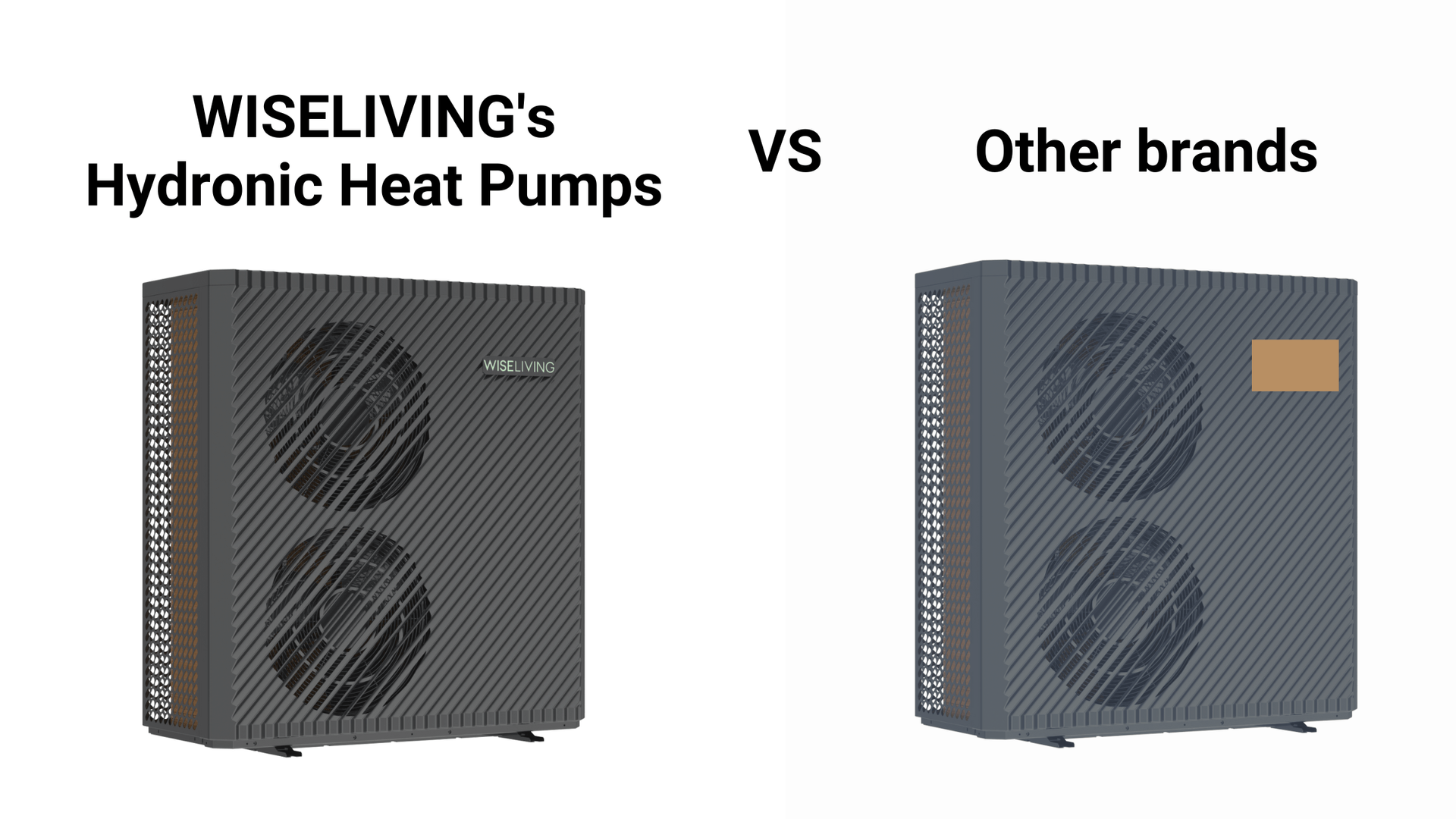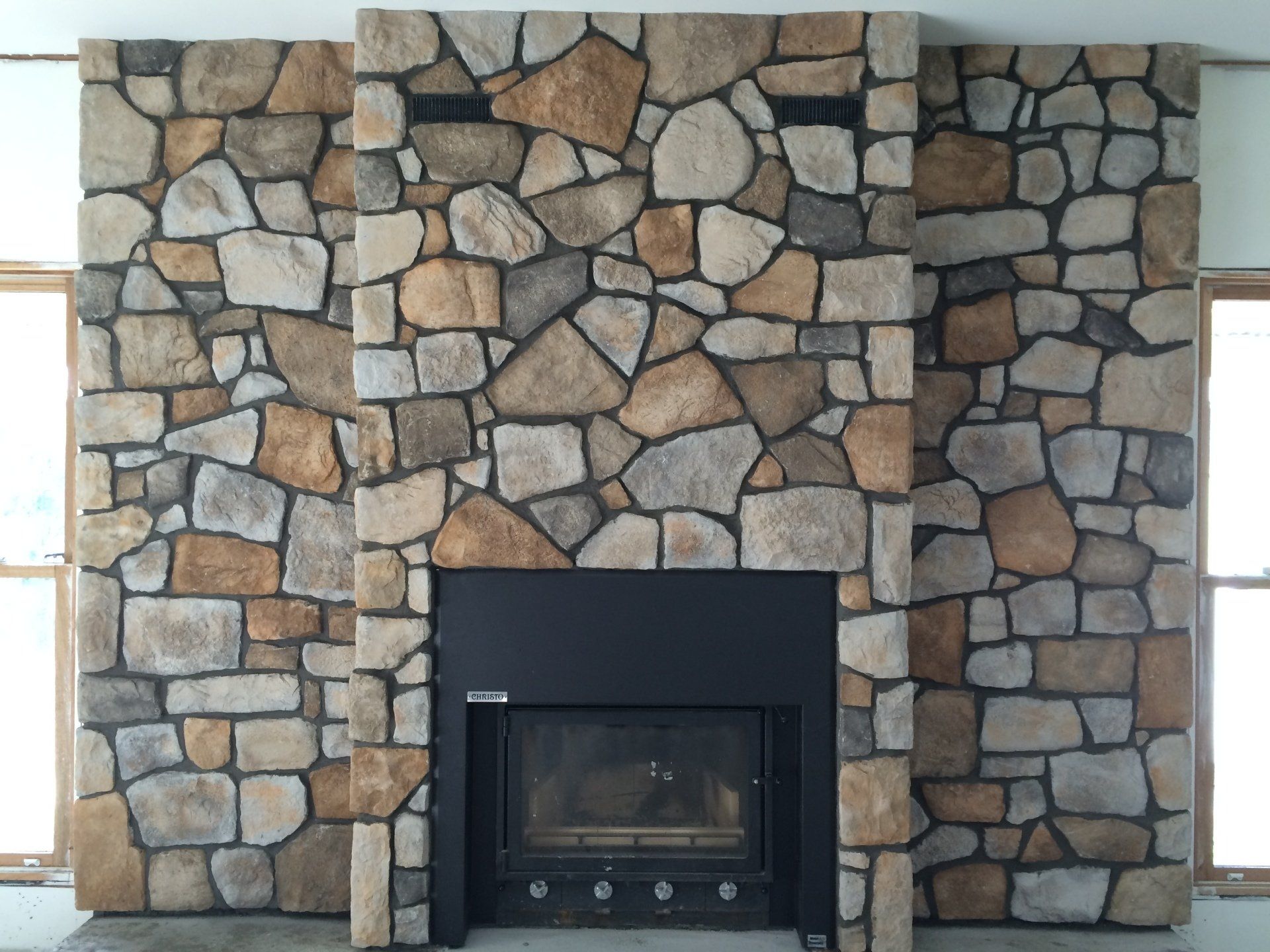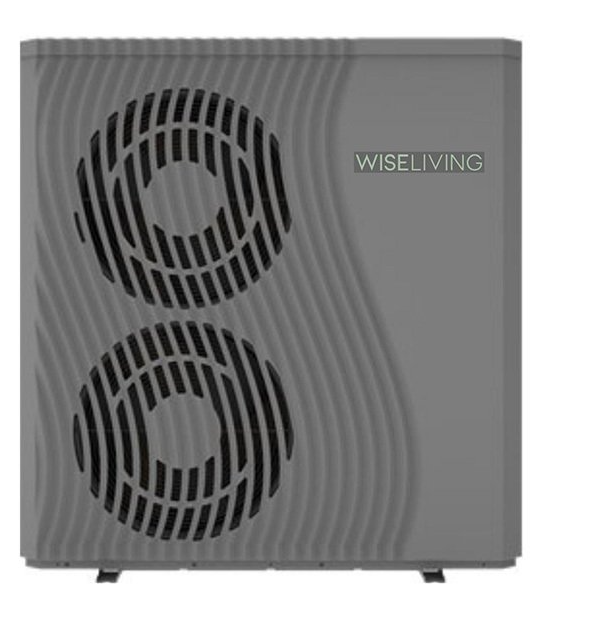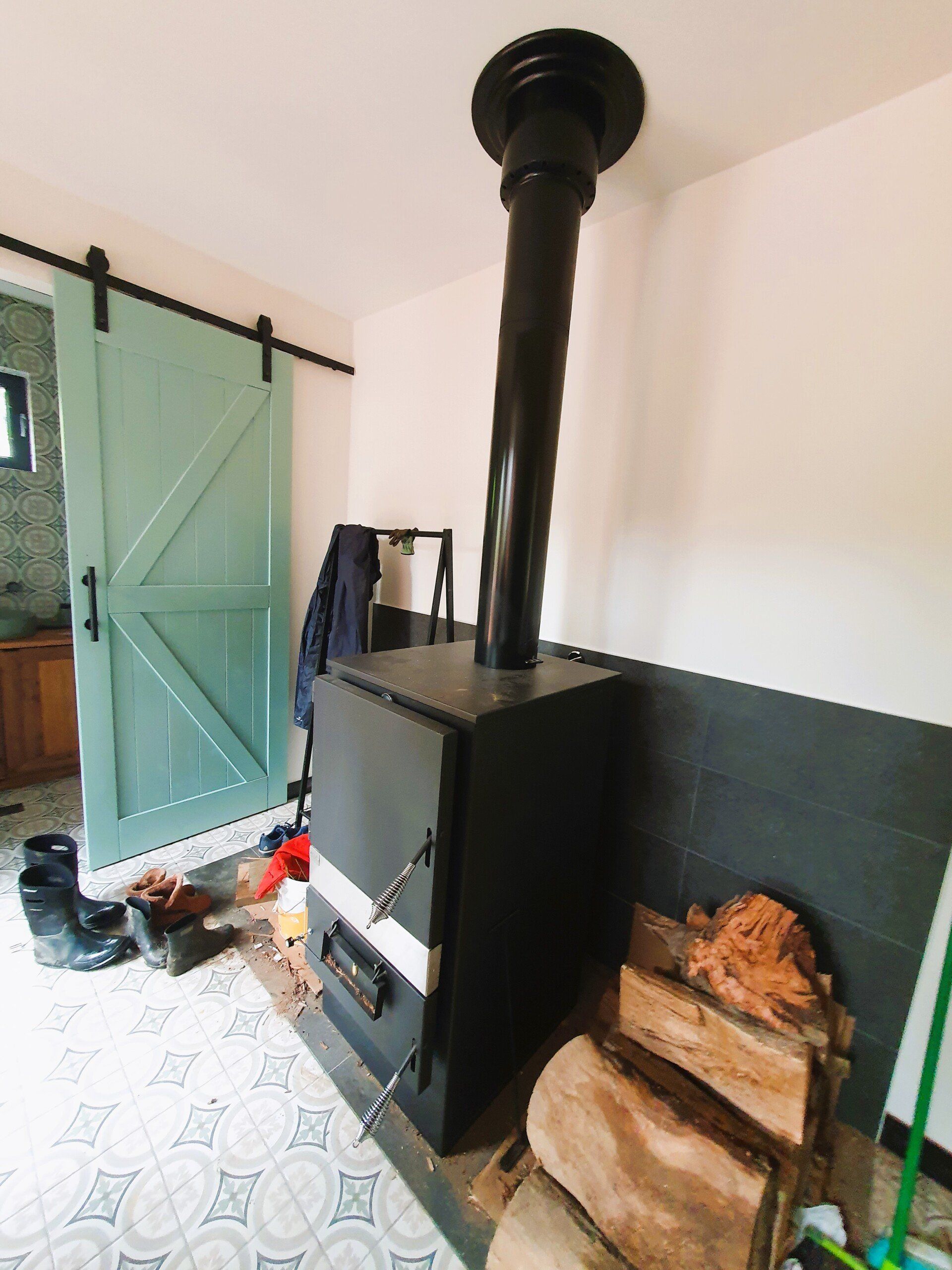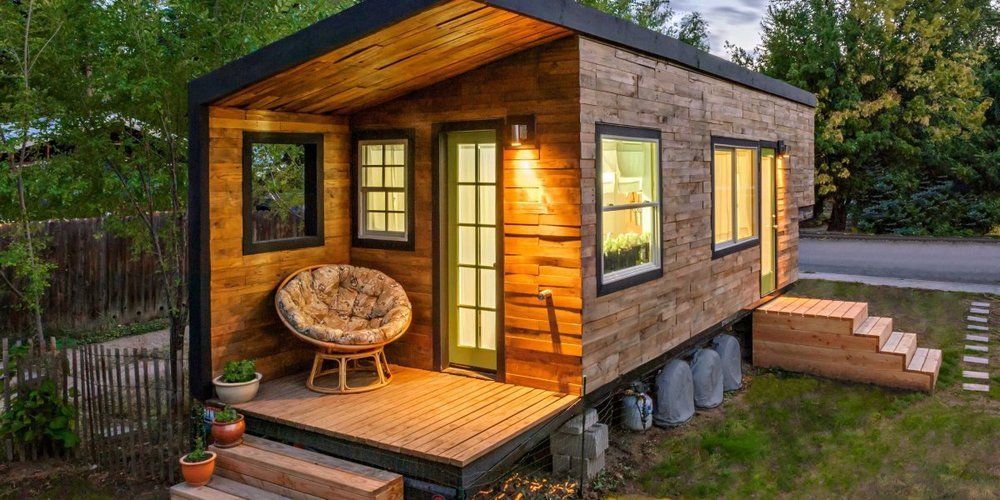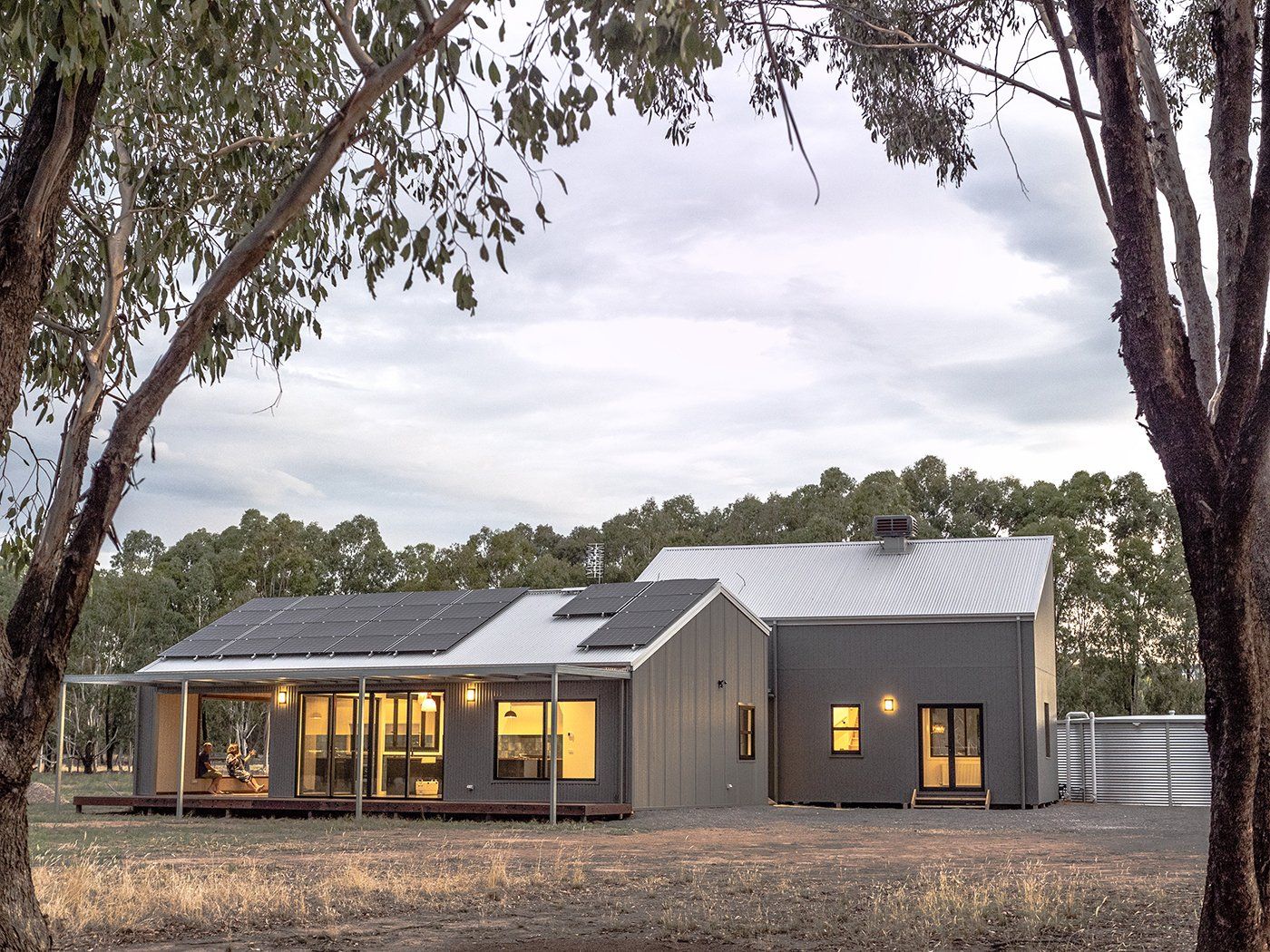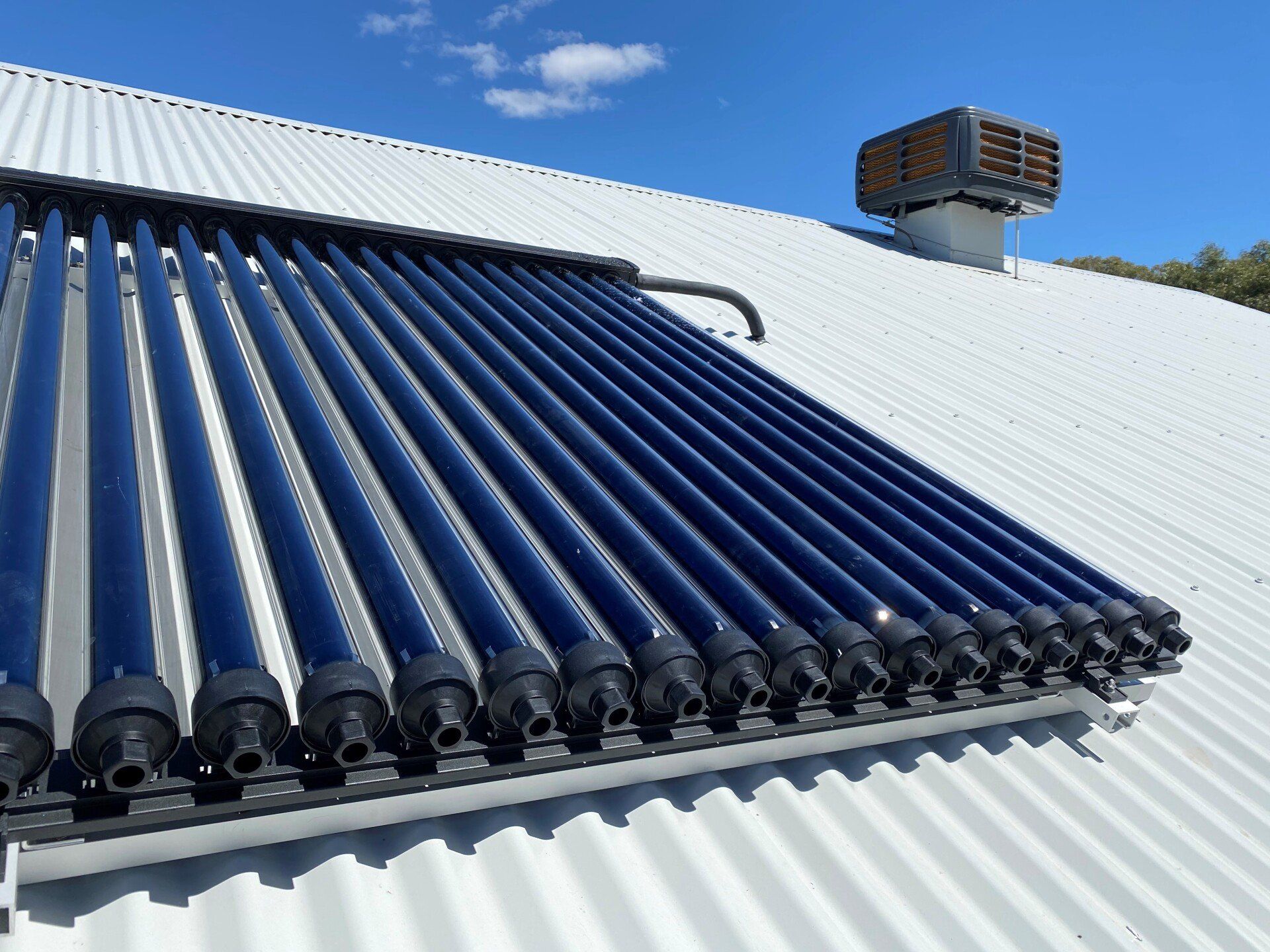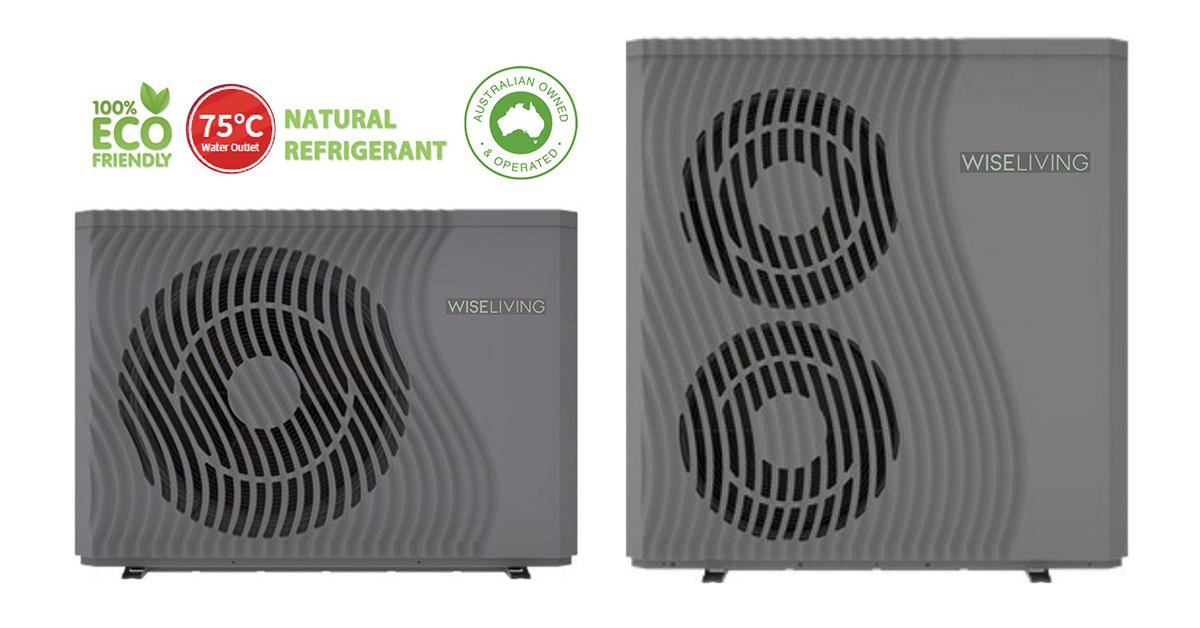Heat pumps (Air to Air) vs Hydronic heat pumps (Air to water): Which is better?
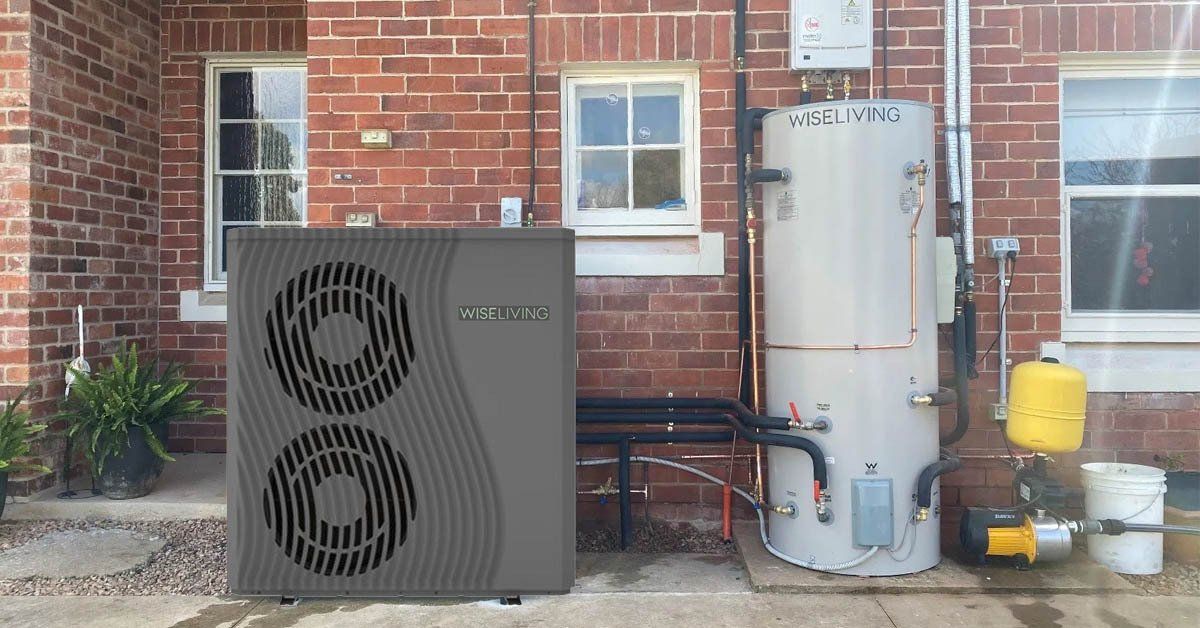
With the growing concern to change lifestyles to help address the risks of climate change, more people are fortunately starting to look for better alternatives. Investing in heat pumps to provide comfortable warmth to homes is one of the ways Australians are looking to start the shift.
People often use the terms heat pumps and hydronic heat pumps interchangeably. But are they really the same? And what is more suited for you? Use this post as a quick guide to get a better understanding of these two heating systems!
Heat Pumps (Air to Air)
Traditional heat pumps use an evaporator and condenser system to warm the interior of your house. Instead of creating heat, these heat pumps, usually with the use of fans and air, move around heat in different locations – as necessary. Hot air uses a duct system and fans to regulate indoor home temperature.
During summer, the indoor coil evaporator draws in the heat and sends it outside to make your home more comfortable. In colder seasons, the outdoor unit serves as the evaporator, extracting the energy outside the home, warming up the air, and moving it around the house.
Hydronic Heat Pumps
Unlike their initial counterpart, hydronic heat pumps use water within their system to regulate the temperature inside your home. There are no duct systems that need to be cleaned and maintained, helping you save on these costs. However, you need to invest in pipes when using hydronic heat pumps. You can incorporate these pipes for radiant heat to deliver comfortable warmth through your floors or radiators.
Additional advantages of hydronic heat pumps are:
- Fan free convector style heating your home without the need for air movement, perfect for allergy sufferers and those of us that like every inch of their house warmed not just where the hot air is being directed.
- Humidity becomes more manageable: Especially important during warmer seasons, hydronic heat pumps can help regulate humidity.
- Costs less to operate: Hydronic heat pumps do not only offer efficiently use of energy, but they also reduce your expenses by benefiting from your Solar PV system and utilising the suns energy to help run your heat pump during daylight hours.
- Flexible design that can fit most homes: Hydronic heat pumps enable you to create “zones” throughout your home for a more strategic and efficient system. These zones allow you to maximise the heating capacity of your system, in line with the existing design of your home.
A hydronic heat pump can be an independent system regulating the temperature of the entire house or can serve as a supplement to an existing one. With these benefits and flexible design, hydronic heat pumps provide you with more options and higher efficiency.
In Australia, one of the most trusted names when it comes to heat pumps is WISELIVING. We have been creating products to help Australians live more sustainable lives, without sacrificing comfort or savings. Our R32 Hydronic Heat Pump brings together the technology of DC Inverter & EVI technologies, together with a refrigerant that has a much lower Global Warming Potential (GWP) design than others.
Consciously lower your carbon footprint and invest in systems designed to be more earth-friendly. We are excited to help you design home systems that are highly efficient yet with a lower impact. Message us today to know how we can help.
